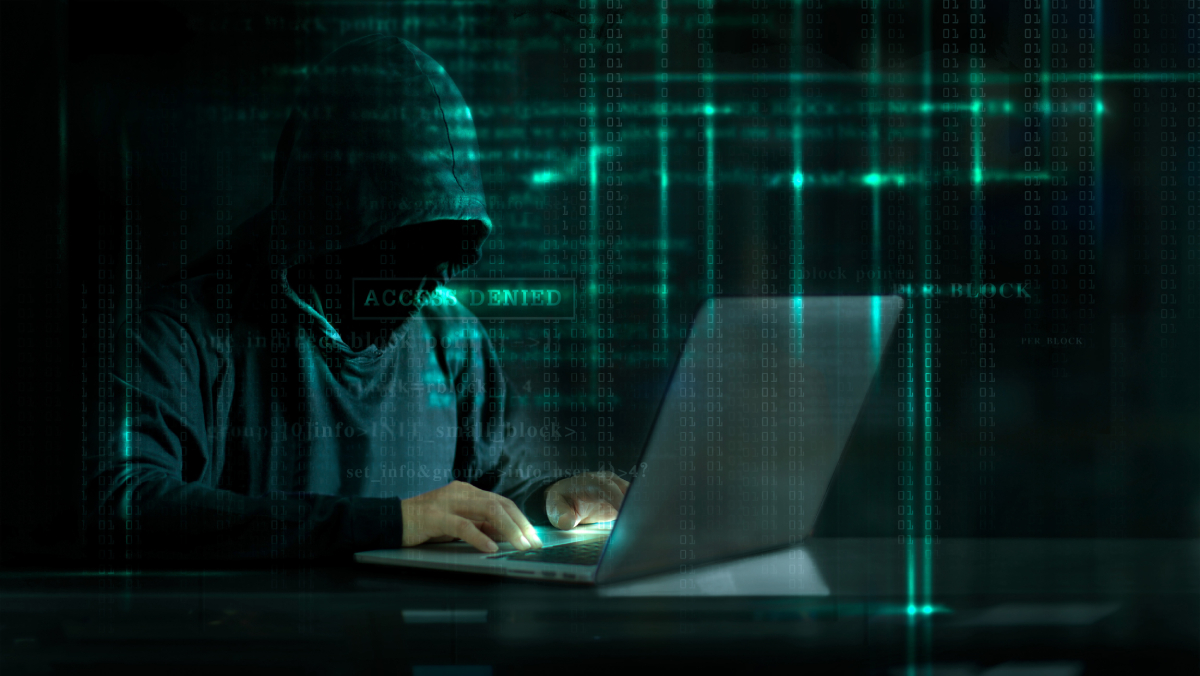Research from ServerChoice has suggested that the post-pandemic increase in remote working has created more opportunities for data to be exploited by potential cyber criminals.
The research, which consulted 1,000 SME owners, has indicated that more technical staff are now working remotely from home, resulting in infrastructure being left unmonitored due to a change in working patterns. Two thirds of respondents said they now found it more difficult to monitor infrastructure, while a quarter don’t monitor it at all.
This has resulted in 77% of SMEs now viewing remote working as a risk to their business due to the increased distance between technical staff and their business infrastructure, making it easier for cybercriminals to exploit vulnerabilities.
Education, healthcare and the financial sector have become particular targets of cybercrime due to the essential nature of their data. The retail sector, too, has been in the crosshairs due to the increase in online transactions during the pandemic.
Despite this, ServerChoice’s research found that one in five retail and education SMEs still leave their infrastructure unmonitored, while 16 % of healthcare and 18 % of financial services businesses do the same.
Adam Bradshaw, Commercial Director at ServerChoice, said, “Although it may not appear on a balance sheet, data is one of the most valuable assets for any business. Offices and laptops can be replaced, but a company’s proprietary data cannot.
“Our research has found that remote working is exposing SMEs to additional risk of compromise and some businesses are being forced to leave infrastructure unmonitored. This is a big risk. It could lead to data breaches that expose sensitive data or even leave systems open to encryption and ransomware attacks.
“It is imperative that SMEs treat their data and IT infrastructure like any other asset and properly secure it. If SMEs are unable to secure their infrastructure due to remote working or a lack of expertise, they must find a custodian who can do it on their behalf, or run the risk of having their data comprised in the future.”

